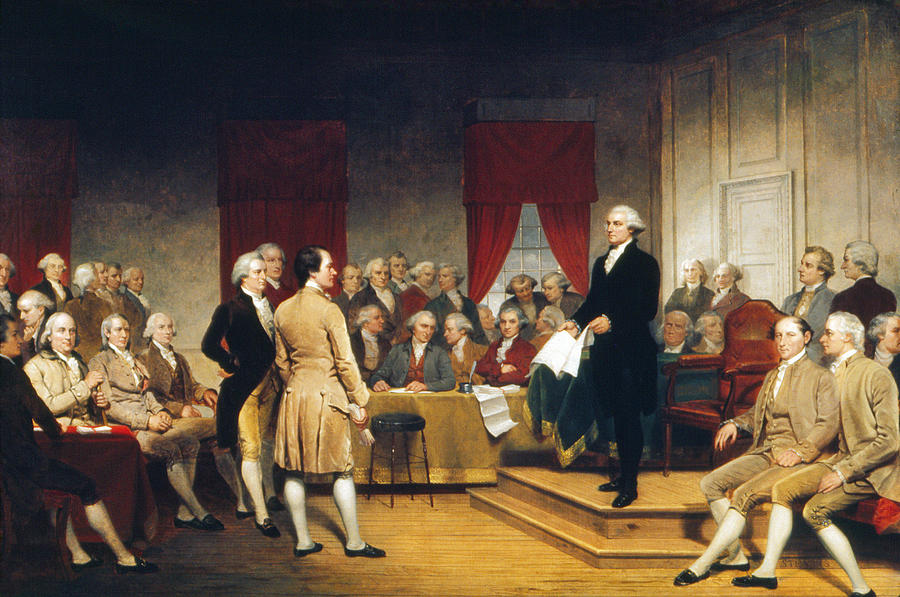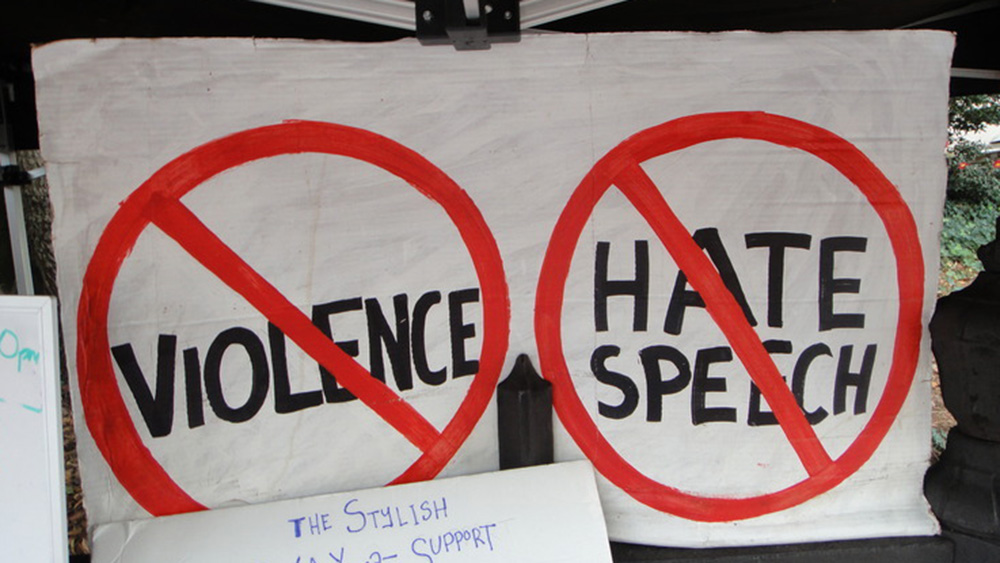As is our custom, we decorate our home every Christmas, and then place a small fire bowl outside where we sit and visit with neighbors who drive by. We offer them a small sample of mulled wine, cookies, and dog treats for any pet they may be passing by with. Living in a relatively small gated retirement community we have an opportunity to visit with people we don’t regularly see, some old friends, and often children and grandchildren of other residents.
For example, one night a former player for the Indianapolis Colts, his wife and their two children stopped by to share the fire and the joy of the season. He was a graduate of Virginia Tech, and once his NFL career came to an end they moved back to Virginia. We chatted about our time in Virginia and players we both new from the state, notably a running back named Terry Kirby who played for the Tabb, Va. High School while we lived there.
The temps were a bit chilly for us long-term Floridians, but for the families just in from North Dakota it was down-right balmy and several came by in shorts and sandals while their retired parents huddled under blankets in the golf cart.
Towards the end of the evening a golf cart with two ladies stopped in to compliment the decorations. The driver recognized me from pickleball so we started up a conversation that covered a range of subjects. The passenger commented on how she fed stray cats and had caught a couple and had them neutered. I mentioned the neighborhood cat club, which solicited a profane exclamation from her. I assured her there was, in fact, a “Kit Kat” club, but made the mistake of saying you had to be a devout liberal democrat to belong. The driver noted her passenger would fit right in.
We moved on to talk about our grandchildren arriving and how I taught them history. She asked why they weren’t taught that in school, and I explained they were “home schooled.” She then expressed her displeasure the Florida Governor wouldn’t allow real American History to be taught in public schools. I disagreed, but knew this conversation wouldn’t go well. As she reached for a cigarette another golf cart pulled up and I said goodnight and moved to greet the next visitors.
These kinds of impromptu conversations always leave me with questions I wrestle with as I sip my coffee the next morning.
For example, what is “real” American History and more importantly, what is the role of publicly funded education?
It’s been a while since I’ve offered my opinion on things so as my daughters dog rests by my feet, I figured I’d spend a few moments pontificating.
What is the role of primary education? We hear a lot of complaints from the right that modern educators are not doing their jobs and are spending time “indoctrinating” the children instead of teaching them the fundamentals of “reading, ‘writin, & ‘rithmatic.” I certainly understand this concern, but as I look back on my own education, I realize teachers and educators have always had a role in the indoctrination and training of young people to fit into society. We were taught to honor our elders, respect the symbols of the nation, and in the words of John F. Kennedy, “ask what we could do for our nation.” The difference? Today’s problem is which society should children be indoctrinated to fit into? The one we had, the one “they” want, or the one we have today?
One of the big problems in answering that question is who gets to decide what is right and how much say should the parents have in that decision? As we look at the controversies coming with the COVID pandemic we see a modern rebellion with some parent groups when they believe the professionals have overstepped their authority. This was apparent with the election of Governor Youngkin as Governor of Virginia. The modern educators have come to believe it is their role to begin the indoctrination of children into the society they believe is right for the nation. One that holds our heritage as one to distain, while proposing a society where all minorities are to be favored over those with a European background.
This leaves open the question, what happens when those who are making these decisions finally recognize they’ve created a society where not all are equal under the law, but where discrimination based on race, gender, skin pigment, and sexual orientation are the acceptable outcomes of a bigoted majority? Where merit is of far less value than the above-mentioned qualities? In my opinion, this is what we see with the President Biden administration where an individual’s sexual orientation if more critical to an appointment than their actual abilities (e.g., Karine Jean-Pierre and Sam Brinton)
Historically, societal norms seem to swing, and the more politicians get involved with those swings the wider they become. If you think I’m mistaken in this I would refer you to the temperance movement where those who found drinking to be an evil of modern society fought for the elimination of that evil. Laws, simply weren’t sufficient. Limits on the days of purchase didn’t meet the need. We needed a total national abstinence to eliminate this evil. They fought for and passed the 18th Amendment, the only Amendment to the Constitution with a shelf life. It was rescinded by the nation in 1933, fourteen years after ratification. Just an FYI, the 18th took about a year to pass, and the 21st took about 9½ months to rescind the original, but that was when we had a Congress that would actually do its job. I can’t recall the last time we actually saw that kind of organization. Today it is far more important to vilify the opposition than actually work with them. But then all are politicians are doing is reflecting what we’ve become as a nation.
The first question was what is “real” American History? This is almost an unanswerable question, since there is a truth that “history” is a function of the victors. Those who win and survive get to write the history they choose. Let’s take for example the last world war, where we Americans painted the Axis powers of Germany, Italy, and Japan as the baddies. Certainly, for the European Americans Japan was the worst of the lot, since they initiated a sneak attack on Pearl Harbor and dragged us into the war, but there was also an racist undertone, reinforced by our politicians and the Japanese themselves.
Now, some 80 years after the war, scholars from my generation and later are striving to rewrite the history to reflect modern beliefs and facts that have come out well after the “Greatest Generation” made their sacrifices to save the world from itself. I don’t recall ever hearing about Japanese internment camps until I was in college. It was certainly years after that that I came to understand the lingering hatred of Japan by the men who fought in the Pacific.
In high school, I learned the Soviet Union were our allies, and it was only after the war they turned into an opponent. Later I came to understand the viciousness of the Communist system and the willingness to slaughter its own people to protect the system and the Joseph Stalin. America, in my education, was always the good guys, but was that really true? It is reasonable to recognize any government of man is subject to the imperfections of man. Ours is no exception. Perfection is an impossible goal for society, as so many define perfection differently. Whose view of perfection is correct?
Now we come to today, where a minority demands we change the views of history to focus on the abuses of slavery and the nature of those who participated in it. The question is, at what point in our education of minds to we transition from one view of history to a more comprehensive view that addresses the failures of past generations?
My liberal visitor, along with most liberals of today, buy into the idea we should be teaching the history they want, and if that is not done the schools are failing. Too often they defend the schools without acknowledging the other role of the public school system on teaching us about “citizenship.” The right worries more about liberal “indoctrination” while also failing to understand the necessity of bringing young minds into a position to understand the “why” of history and not only the “what.”
We, in Florida, saw this same outrage a year ago, when the Governor and the Legislature passed the “Parental Rights Act.” Which placed restrictions on what and when issues like gender identify could be introduced to young minds, and what rights the parents of those young minds had in limiting those discussion. The debate became heated as the liberal left waged a propaganda war with the “don’t say gay” disclaimer. Almost no one who was outraged by the law could be bothered to read it. This included the Walt Disney Company, who chose to engage in the warfare and as a result will lose their autonomy in self-government here in Florida.







